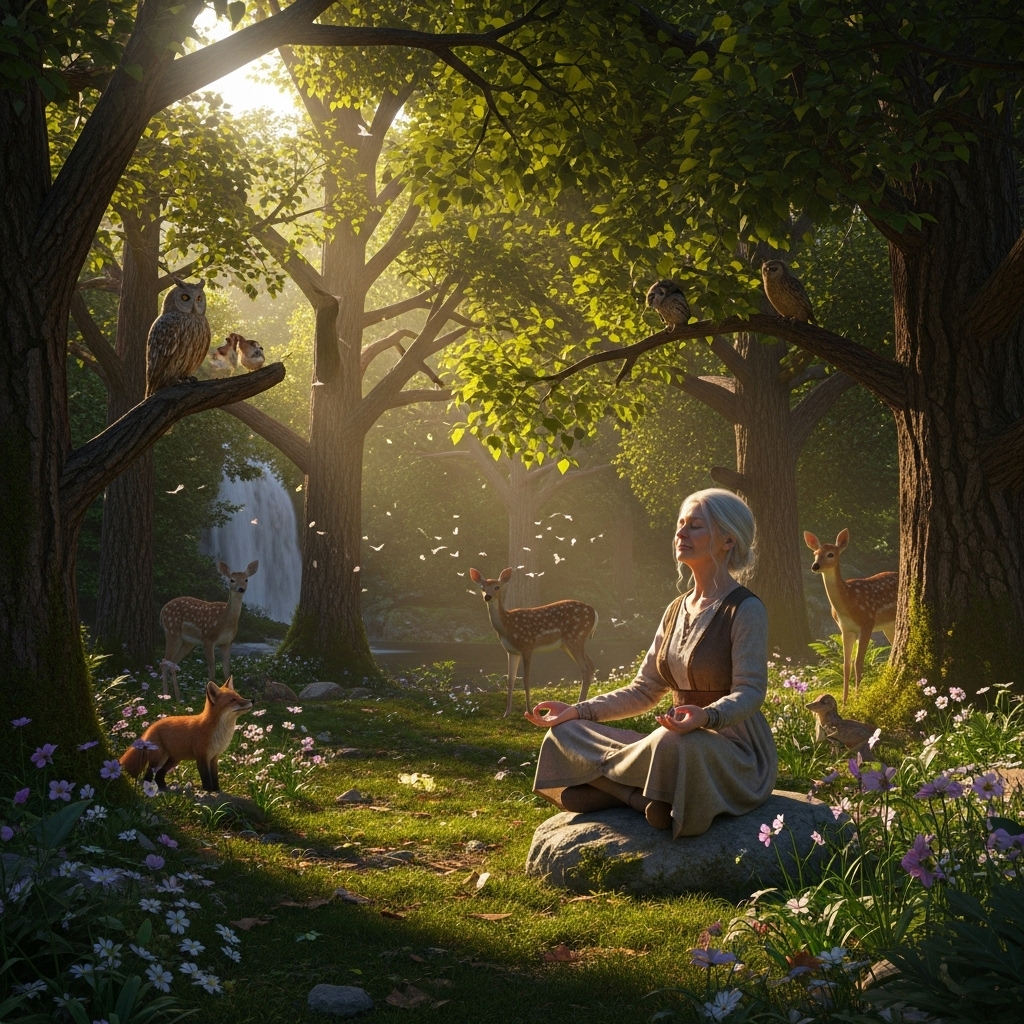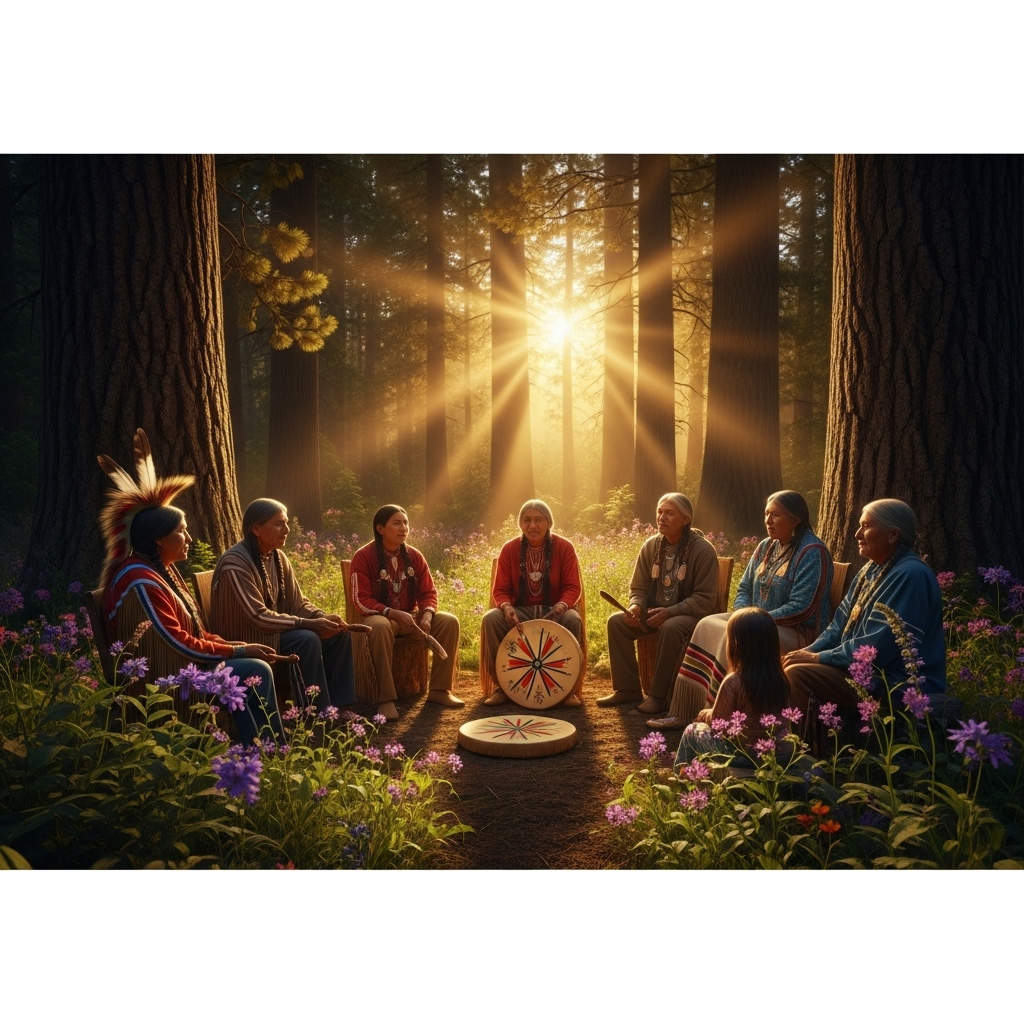As I wander through the beauty of nature, I often find myself reflecting on the powerful messages that inspire us to protect our planet. These “Save Earth” quotes resonate deeply, urging us to reconnect with the environment and embrace our responsibility to safeguard it.
Embracing Nature’s Wisdom

When I think about the relationship between humanity and nature, I realize how intertwined our lives are with the environment. Each tree, river, and mountain holds stories and wisdom that can guide us toward a more sustainable future. I often turn to quotes that encapsulate this connection, serving as reminders of our duty to the Earth. They evoke feelings of hope and responsibility, encouraging us to take action in our everyday lives.
The Power of Words
Words have an incredible power to inspire change. Whether I’m reading a poignant statement from a renowned environmentalist or a simple thought from an everyday person, each quote has the potential to ignite passion within me. I find that when I share these quotes with friends or on social media, it sparks meaningful conversations about the importance of conservation and sustainability. Here are a few quotes that have particularly resonated with me:
- “The Earth does not belong to us; we belong to the Earth.” – Marlee Matlin
- “In every walk with nature, one receives far more than he seeks.” – John Muir
- “We won’t have a society if we destroy the environment.” – Margaret Mead
Each of these quotes serves as a gentle nudge, reminding me of the fundamental truth that we are merely stewards of this planet. The Earth has existed for billions of years, and as I look around, I see the impact that humanity has had—both positive and negative. These thoughts often lead me to reflect on how I can contribute to a healthier environment.
Finding Inspiration in Nature
Every time I step outside, I’m greeted by the beauty of the natural world. The vibrant colors of flowers, the sound of rustling leaves, and the fresh scent of the earth after a rain shower fill me with a sense of peace. Nature has an uncanny ability to inspire, and I feel compelled to protect it. I often seek out quotes that highlight the beauty and fragility of our planet:
- “Look deep into nature, and then you will understand everything better.” – Albert Einstein
- “Nature always wears the colors of the spirit.” – Ralph Waldo Emerson
- “The poetry of the earth is never dead.” – John Keats
These quotes remind me that nature is not just a backdrop to our lives; it’s an essential part of who we are. By appreciating its beauty, I become more motivated to advocate for its preservation. I often find myself pondering how I can bring others into this world of appreciation, helping them to see the wonders around them and the necessity of protecting them.
Taking Action for the Earth
Reflecting on the many inspirational quotes, I cannot help but feel a sense of urgency to act. Words can inspire, but actions create lasting change. I’ve learned that even small steps can make a significant impact. For example, I started a community garden project in my neighborhood, which not only beautifies our shared space but also promotes sustainable practices. It’s heartening to see others become involved, learning about the benefits of native plants and organic gardening.
Here are a few quotes that inspire me to take action:
- “The greatest threat to our planet is the belief that someone else will save it.” – Robert Swan
- “We do not inherit the earth from our ancestors; we borrow it from our children.” – Native American Proverb
- “What we are doing to the forests of the world is but a mirror reflection of what we are doing to ourselves and to one another.” – Mahatma Gandhi
These powerful words propel me to not only advocate for change but also to instill a sense of responsibility in others. I often organize clean-up events at local parks and beaches, where we come together as a community to make a tangible difference. Each small action contributes to a larger movement, reminding us that we are all connected, and our efforts matter.
Connecting with Others
One of the most fulfilling aspects of sharing “Save Earth” quotes is witnessing how they resonate with others. I’ve engaged in discussions with friends, family, and even strangers who share a similar passion for the environment. These exchanges often lead to new ideas, collaborations, and initiatives that aim to protect our planet. I’ve found that when we come together, our collective voice is much stronger.
As I reflect on these connections, I think about the quotes that can inspire dialogue and encourage action among diverse groups. I find that sharing stories and experiences related to our environment helps foster a deeper understanding of our shared responsibility:
- “The future will be green, or not at all.” – Jonathon Porritt
- “Nature is not a place to visit. It is home.” – Gary Snyder
- “The Earth is what we all have in common.” – Wendell Berry
These quotes have prompted me to engage more deeply with my community, asking others how they feel about the planet and what steps they’re taking to protect it. I find that this dialogue is essential for fostering a sense of unity and shared purpose.
As I continue to explore the wealth of inspirational quotes that motivate us to save the Earth, I am reminded of my own journey. Each quote serves not only as a reminder of the beauty of nature but also as a call to action. I look forward to sharing more thoughts and reflections in the next sections, where I will delve deeper into how these messages can empower us to reconnect with our planet and take meaningful steps toward its preservation.
Lessons from Indigenous Wisdom

As I dive deeper into the world of environmental advocacy, I find myself increasingly drawn to the wisdom of indigenous peoples. Their deep-rooted connection to the land and sustainable practices offer invaluable insights that resonate with my own journey. I’ve learned that many indigenous cultures view the Earth not just as a resource, but as a living entity deserving of respect and care. This perspective has profoundly influenced how I approach environmentalism.
Indigenous wisdom teaches us about balance and harmony with nature. I often reflect on the words of the Native American proverb, “We do not inherit the earth from our ancestors; we borrow it from our children.” This statement emphasizes the importance of stewardship and accountability. I strive to practice this philosophy in my daily life, ensuring that my actions today do not compromise the well-being of future generations.
Incorporating indigenous practices into my environmental efforts has been enlightening. For instance, I’ve started to explore permaculture techniques that mimic natural ecosystems. By observing how indigenous people interact with their environments, I’ve discovered sustainable ways to cultivate plants and create habitats for wildlife. Each time I implement these methods, I feel a deeper connection to the Earth and a greater sense of responsibility to preserve it.
Lessons from the Past
Reflecting on history, I realize how crucial it is to learn from past mistakes. The exploitation of natural resources and the disregard for ecological balance have led to catastrophic consequences. I often think of the quote from Chief Seattle, “We do not inherit the Earth from our ancestors; we borrow it from our children.” It serves as a powerful reminder of our role as caretakers of the planet.
As I engage with my community, I find it essential to educate others about the history of environmental degradation and the lessons we can draw from it. I’ve organized workshops that focus on the importance of traditional ecological knowledge and the significance of understanding our environmental history. It’s heartwarming to see people connect the dots between the past and present, recognizing the need for change.
Creating a Culture of Sustainability
One of my goals is to foster a culture of sustainability within my community. I believe that change begins at home, and I’ve taken steps to make eco-friendly choices a norm rather than an exception. From organizing recycling drives to promoting local businesses that emphasize sustainable practices, I aim to create an environment where caring for the Earth is second nature.
A quote that continually inspires me in this endeavor comes from Wangari Maathai: “It’s the little things citizens do. That’s what will make the difference. My little thing is planting trees.” This resonates with me as I initiate small projects that collectively lead to significant change. I recently collaborated with local schools to set up tree-planting days, where students learn about the importance of trees while actively participating in reforestation efforts.
Through these initiatives, I’ve seen how small actions can inspire others. When I share my experiences and the impacts they’ve had, it encourages others to consider what they can do in their own lives. Each tree we plant or each plastic bottle we recycle contributes to a larger narrative of hope and resilience.
Using Art as a Medium for Change
Art has always been a powerful tool for communication and expression, and I’ve found it to be an effective medium for spreading environmental awareness. Whether through local murals, poetry slams, or community performances, art can evoke emotions and provoke thought. I often participate in events that celebrate environmental themes, showcasing works that challenge viewers to rethink their relationship with nature.
One of my favorite quotes relating to this idea comes from Picasso: “Every act of creation is first an act of destruction.” This reminds me of the delicate balance between creation and conservation. As artists portray the beauty of the Earth, they also highlight the urgency of preserving it. In my own artwork, I strive to depict the fragility of our ecosystems, hoping to inspire a sense of urgency and action in others.
Through collaboration with local artists, I have launched projects that invite community members to participate in creating murals and installations that reflect our commitment to the environment. I find that these artistic expressions not only beautify our surroundings but also serve as a constant reminder of our duty to protect the planet.
Inspiring Future Generations
As I reflect on my journey, I recognize the importance of inspiring younger generations to become environmental stewards. I have taken it upon myself to mentor local youth through educational programs that focus on sustainability and conservation. By sharing stories, quotes, and experiences, I aim to instill a sense of responsibility in them.
One quote that I often share in these sessions is from Jane Goodall: “What you do makes a difference, and you have to decide what kind of difference you want to make.” This resonates with the youth, prompting discussions about their dreams and aspirations in relation to the environment. I encourage them to envision their roles in creating a sustainable future and to understand that every action counts.
As I engage with young minds, I see the spark of passion and curiosity ignited within them. Their enthusiasm fuels my own, reminding me that the fight for our planet continues and that hope lies in the hands of future generations.
Final Thoughts
Reflecting on the abundance of wisdom shared through quotes and experiences, I’m reminded that the journey to protect our planet is ongoing. Each step we take, no matter how small, contributes to a larger movement. As I continue to be inspired by nature, the wisdom of indigenous cultures, and the creativity of art, I remain committed to fostering a sense of stewardship in my community and beyond. Our collective efforts can create a ripple effect, leading to a healthier and more sustainable Earth for generations to come.
